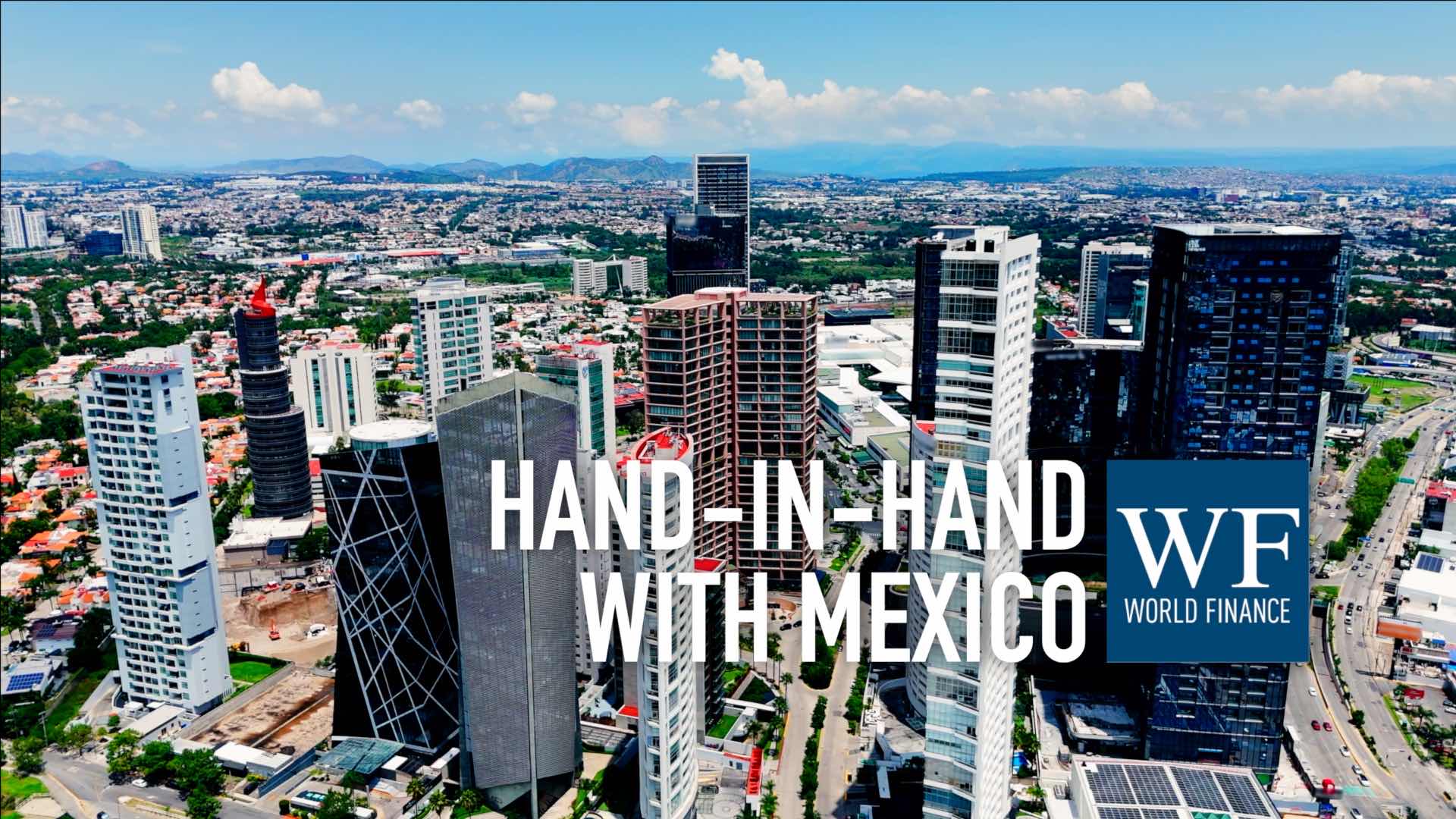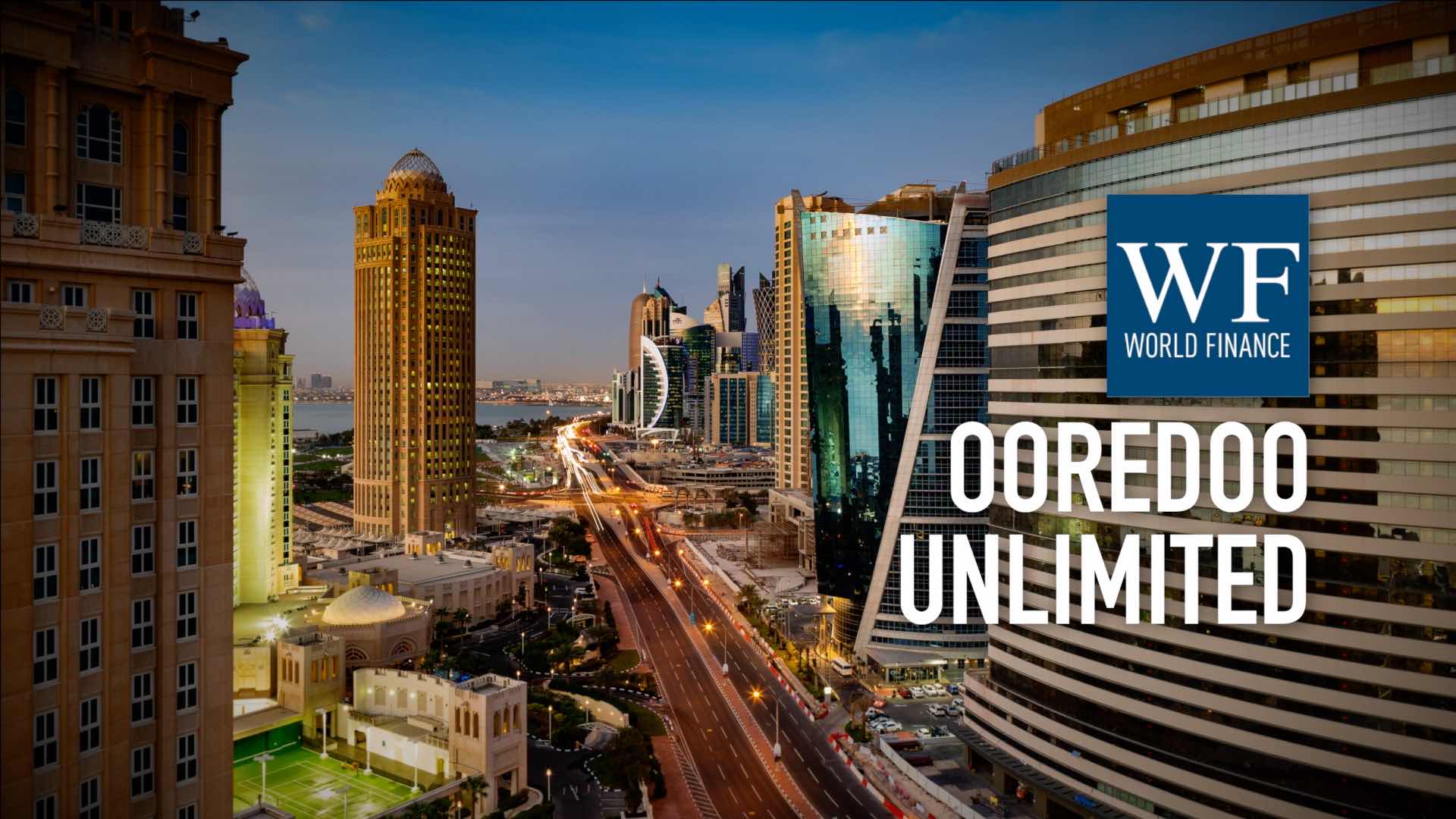Islamic State “is a completely different model of terrorist financing” | Video
What are the economics of a terrorist organisation? Financing expert Loretta Napoleoni and barrister William Willson say the business models have changed dramatically since the terrorist world's new "rising star" has emerged
Related:
Transcript
What makes a terrorist organisation successful? Extreme views? The ability to recruit high numbers of dedicated and malleable followers?
These might be contributing factors, but what it really boils down to is money. Loretta Napoleoni, one of the leading experts on terrorist financing, and financial barrister William Willson, discuss the ways terrorists raise the billions of dollars needed to wage war against the state, and how this can actually have a positive impact on nations’ economies.
World Finance: Well Loretta if I might start with you. Terrorism: could it be described as a business?
Loretta Napoleoni: Oh absolutely! It is a very, very expensive business; and it’s also a business which is very hard to keep rolling, because most of the activities that terrorist organisations carry on in order to fund themselves are illegal or criminal activities.
“Before 9/11, about one third of the money that terrorist organisations generated came from legitimate businesses”
World Finance: What sort of figures are we looking at? How much does it cost to finance a terrorist organisation?
Well terrorist organisations are very expensive. It is in reality an organisation that is waging war against the state.
It’s very difficult to give a figure to the amount of money. Some terrorist organisations can generate vast amounts of money. In the case of PLO in the 1990s, according to the CIA, the turnover of this organisation ranged $8bn-$12bn. So we’re talking about more money than was the GDP of countries like Jordan, for example.
World Finance: What’s the most significant source of terrorist financing?
Loretta Napoleoni: Well in the past, the smuggling of drugs and people was the number one revenue for terrorist organisations. Things have changed since the rise to power of the Islamic State. It’s a completely different model of terrorist financing.
Before 9/11, about one third of the money that terrorist organisations generated came from legitimate businesses. PLO actually controlled the production of textiles from the occupied territories in Palestine, and used those revenues to fund its terrorist organisation.
So, one third is roughly what it was before 9/11. But today, in the case of the Islamic State, the so-called legitimate business is actually much more than one third. Some of the aid near the borders in Turkey, in Iraq, and in Kurdistan – part of that aid is taxed by the Islamic State, which controls those borders.
We can say the same about the oil fields. The Islamic State is in business with the local tribes in Syria, in order to sell the oil to the Damascan government.
“There are suddenly new sources of cash, and that’s a very terrifying prospect, and a very difficult thing to counter”
World Finance: William, do you have anything to add?
William Willson: In terms of the rising star of international terrorism, the Islamic State, we’ve got a completely new situation here. We have a terrorist organisation that’s basically taken over the second largest city in Iraq. Reports say that their raid on the large bank in Mosul pocketed them $430m. Well that’s quite a lot of money to hold in cash. It’s not something we’ve ever really seen in international terrorism before: the ready access to that amount of cash.
When you couple that again with them holding 35 percent of territory, they’ve now got all of the oil fields in the north of Syria. There are lorries full of oil going into Turkey. There are all of the antiquities that were held in the Middle East: there seems to have been quite a large outflow of them, again raising tens of millions of dollars.
There are suddenly new sources of cash, and that’s a very terrifying prospect, and a very difficult thing to counter.
World Finance: Well Loretta, do you think economies could perhaps indirectly benefit from terrorism? Especially considering the new calculations on GDP which will include arms sales, drugs, and prostitution?
Loretta Napoleoni: Oh, absolutely. The best example is Italy: Italy is part of the PIGS, which you know are in serious economic trouble because of the crisis of 2010.
And among these countries, Italy is the one that has done the best because a large part – maybe even 40 percent – of the GDP of Italy is produced by the black market! And the black market is controlled by organised crime, so, we have a criminal economy which has sustained strongly the legitimate economy.
“For some people what they would call terrorism is for other people what they’d just call politics”
World Finance: Well William, what are the penalties for financing or investing in terrorist organisations, or those affiliated with terrorism?
William Willson: In this country it’s obviously regarded as a criminal activity. So the terrorist legislation here says that if you either have knowledge or a reasonable suspicion that a particular batch of money is being used for the purposes of raising terrorism, that creates a criminal offence.
The state has search and seizure powers, so it can stop actual flows of money as they are flowing out to fund terrorist activities.
Part of the problem that we face in trying to clamp down on these organisations is that they’re treated differently in different places. Part of the reason for that is that different people define terrorism differently: for some people what they would call terrorism is for other people what they’d just call politics, or involvement in foreign politics in other arenas.
World Finance: Well William, a comment piece in the FT said that financial secrecy supports networks that fuel terrorism, criminality, and tax evasion. If companies were forced to be more transparent, what would be the impact on terrorism?
William Willson: We traditionally associate the funding of terrorism coming from shady places, often offshore jurisdictions, which have very light-touch regulation. Where banking secrecy law is very prominent, and therefore the ultimate depositor or customer, their identity is ultimately masked.
But at the same time it’s true to say that that situation has changed quite a lot in the last decade.
A lot of the jurisdictions that I work in – the Cayman Islands, Dubai, the British Virgin Islands, Gibraltar – have all enacted tough legislation, and their regulators are now taking this sort of thing a lot more seriously.
You’re not seeing so much money in the terrorist economy coming from sources like that. The terrorists all seem to be one step ahead of the game. And they’re now resorting to different tactics and different places.
I think we’re going to be seeing the geography of that shift away to other places. I think Central Asia is the next big one, and also certain states in Africa.
World Finance: William, Loretta, thank you.
William Willson: Thanks a lot.

 Banorte: Growing together, growing with Mexico, growing with you
Banorte: Growing together, growing with Mexico, growing with you Ooredoo Group: Innovation, integrity and social responsibility mean ‘the sky is the limit’
Ooredoo Group: Innovation, integrity and social responsibility mean ‘the sky is the limit’
